What to Do When Windows 10 Support Ends: 4 Solutions Explained
The countdown is almost over. On October 14th, 2025, free security support for Windows 10 will officially end. For over a billion people, this is a crisis. It means no more security patches, no bug fixes, and no technical support.
Your computer, the one that works perfectly fine today, will be a security liability tomorrow. Not because it stopped working or broke down, but because Microsoft decided so! And it’s not the first time Microsoft has done this. They killed Windows XP when 70% of the world was using it. Then it happened with Windows 7, then Windows 8.1, and now Windows 10. I don’t think it will be the last. This is a never-ending cycle of greed, the true face of monopoly.
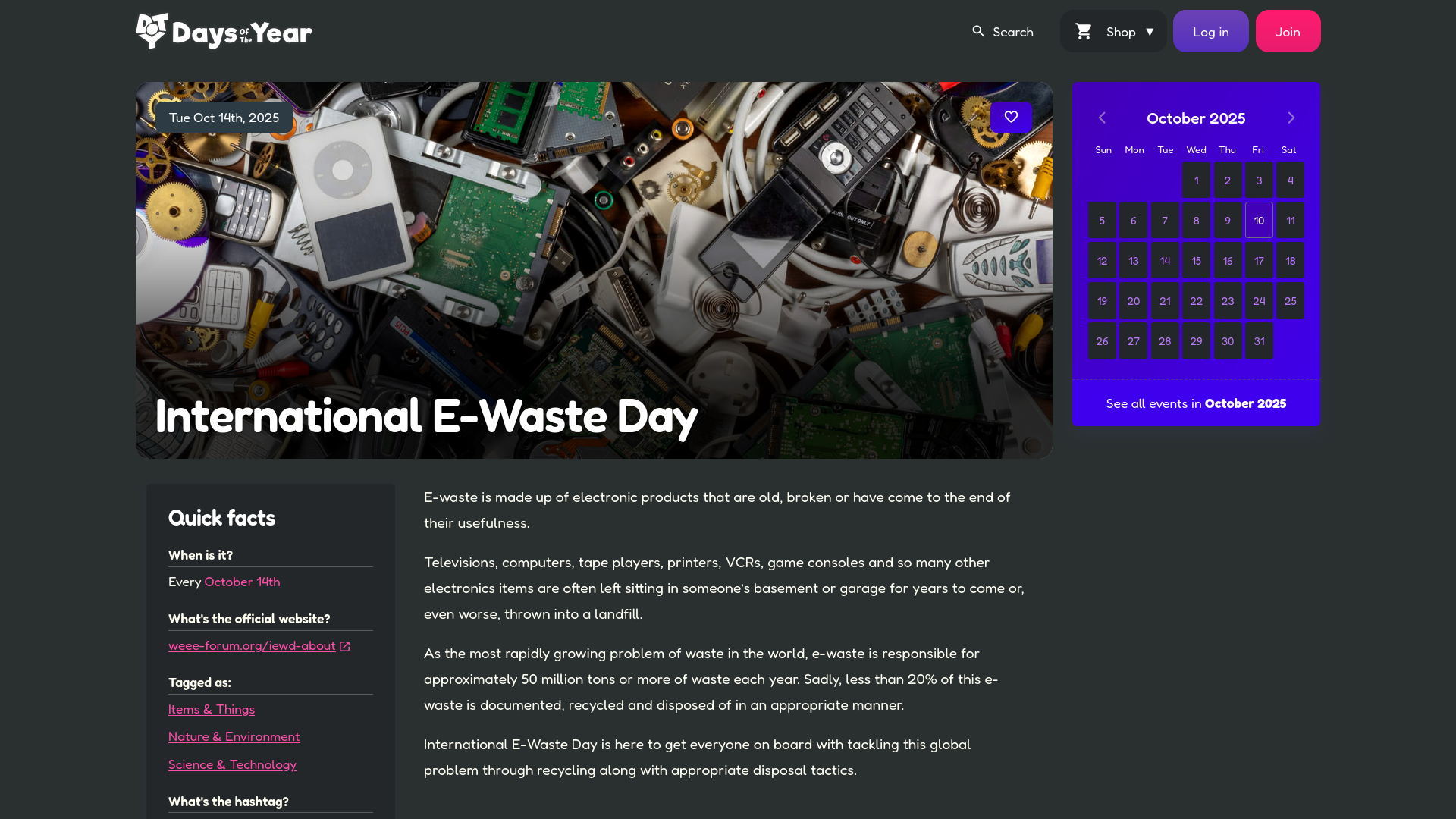
And look at the irony! Microsoft chose October 14th, 2025, a date that perfectly coincides with International E-Waste Day. According to Canalys, a leading technology research and advisory group, Microsoft is actively pushing an estimated 240 million PCs into premature obsolescence. The Public Interest Research Group (PIRG) suggested an even higher number, estimating that 400 million actively used systems will go into the e-waste pile on the very day the world is trying to recycle.
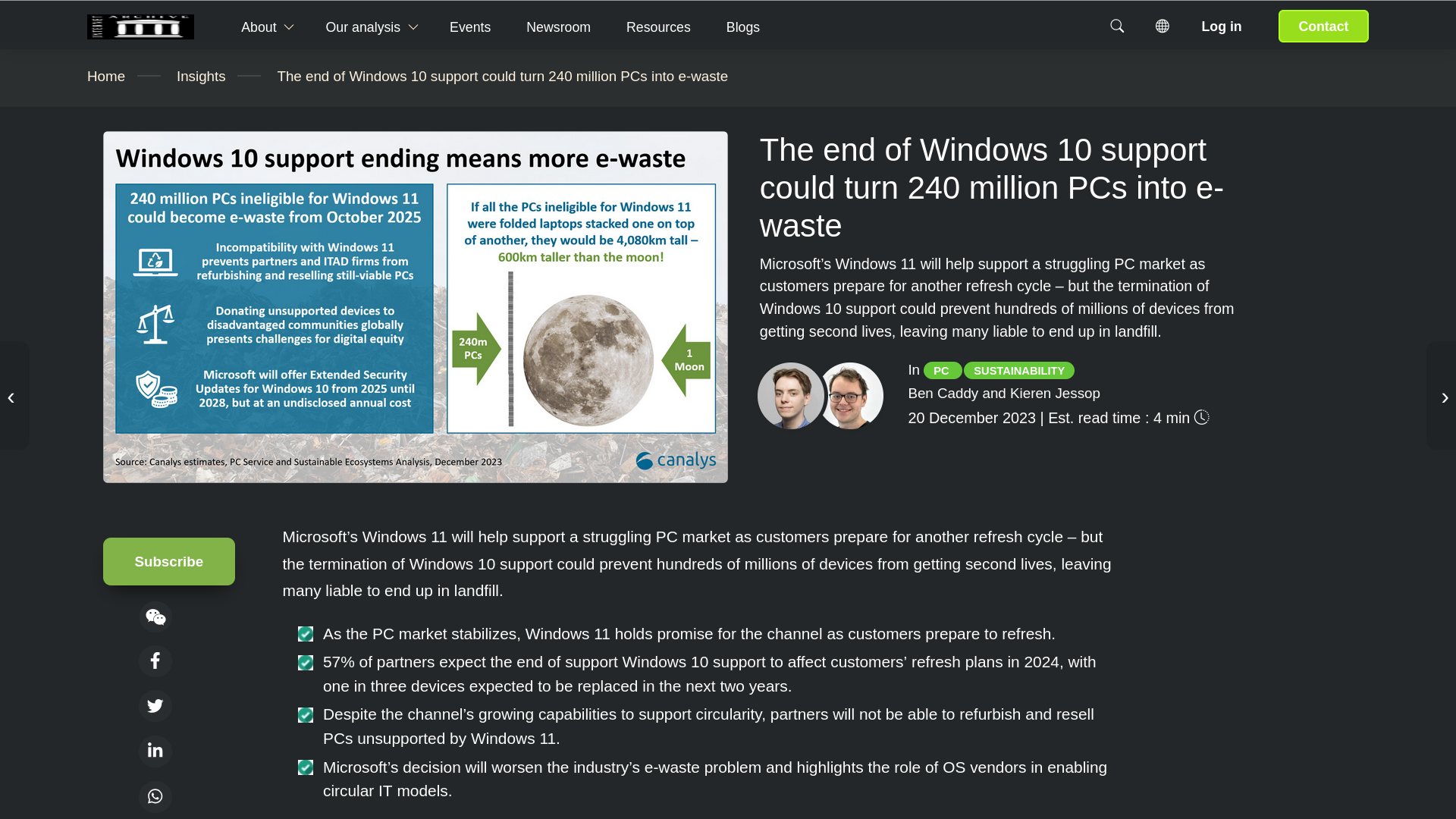
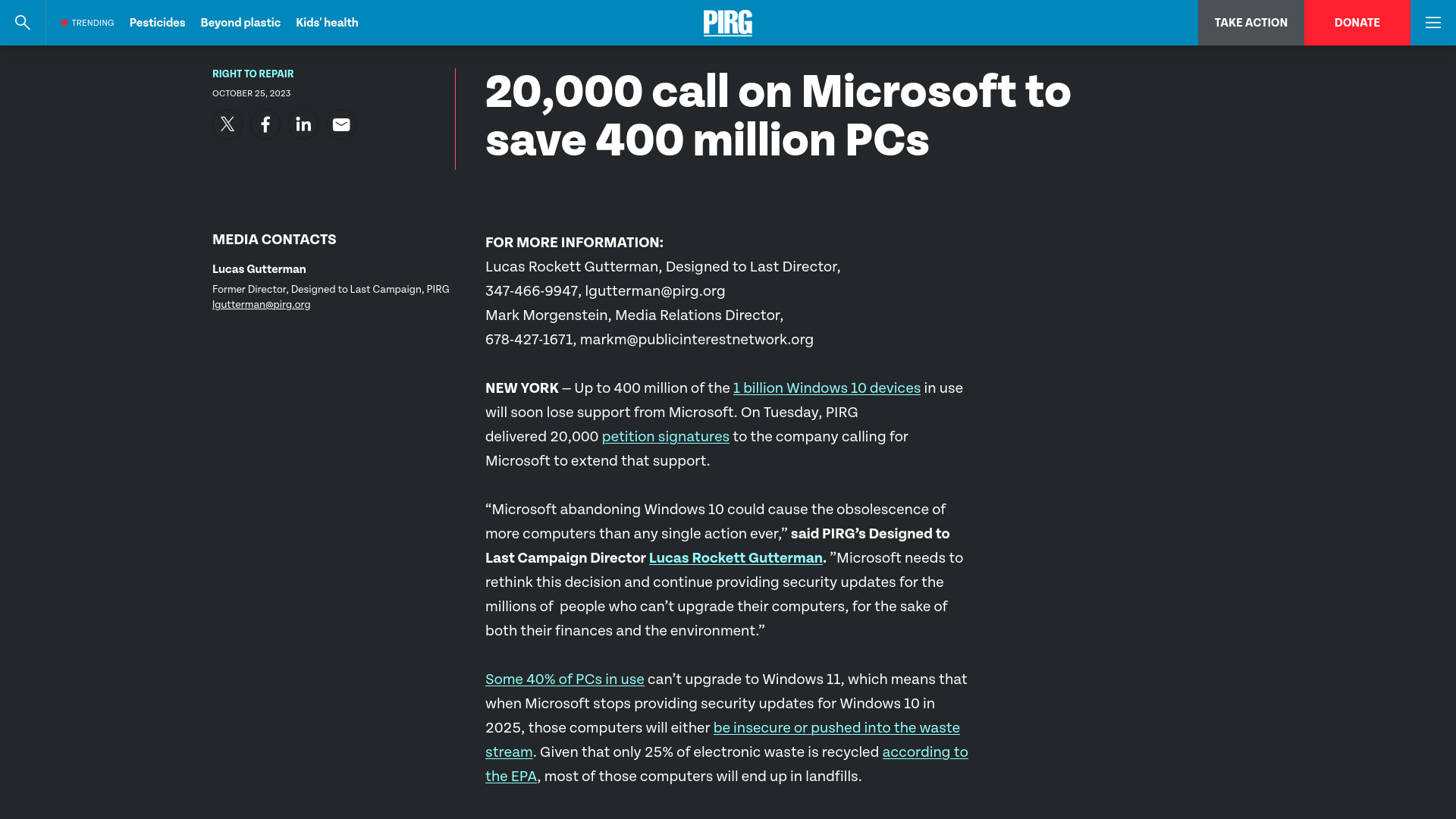
I’ve been on this journey since 2023. It’s the very reason I switched to Linux and started writing about free and open source software. My move to Linux was forced by the TPM 2.0 requirement for Windows 11. I refused to dump my perfectly good hardware just to satisfy Microsoft’s new hardware mandate. And you don’t have to either. Your older hardware is still viable. You just need something that respects its longevity.
So, here are your options, broken down from worst to best:
1. The Risky Workarounds
1.1 - Do Nothing and Go Offline
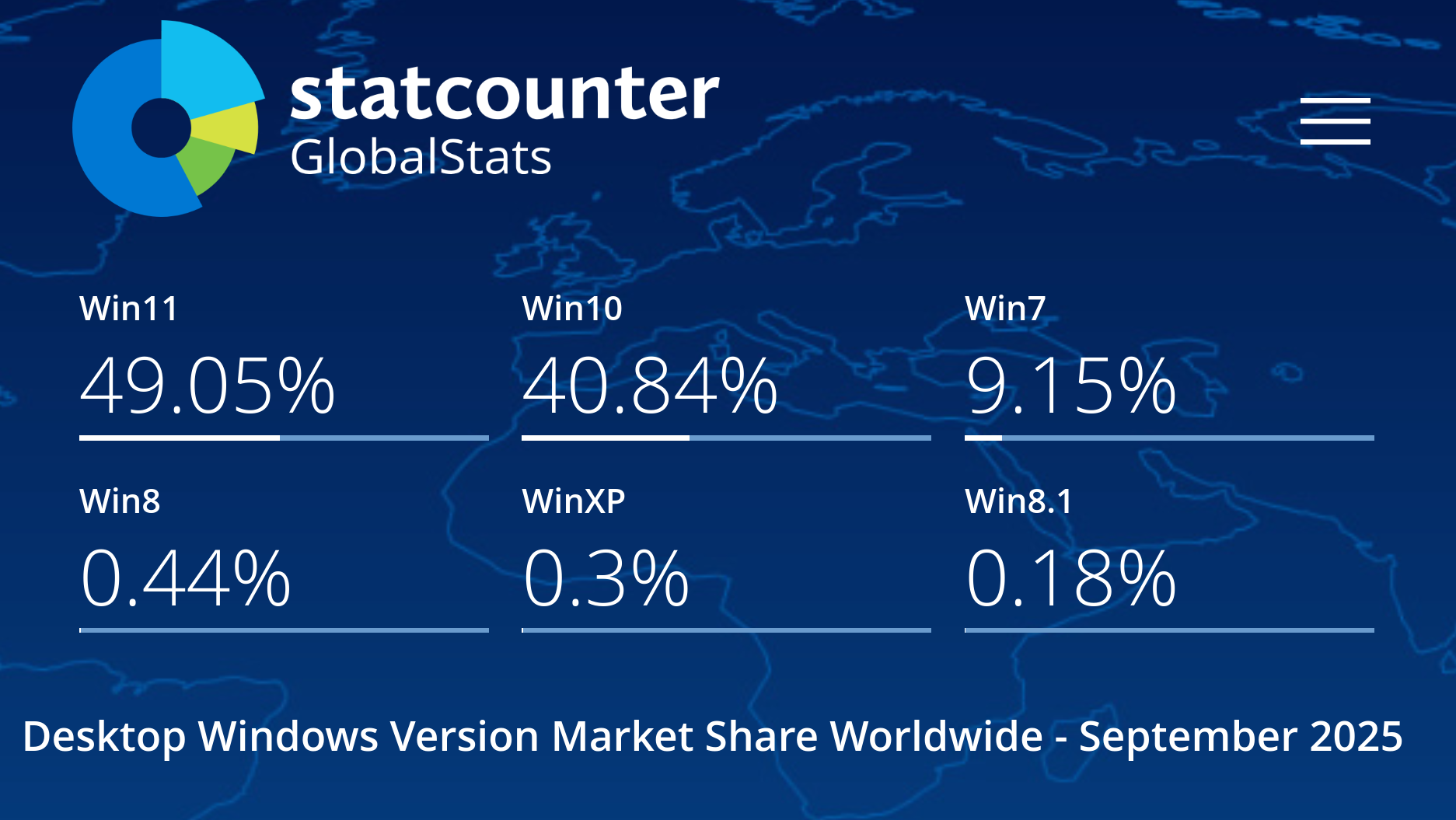
The easiest and simplest thing you can do is, Do Nothing. Just because Microsoft is killing Windows 10 support doesn’t mean your computer suddenly stops working. Even today, more than 10 percent of Windows users are running obsolete versions like Windows 8.1, 7, and XP. So you can definitely keep using Windows 10, but the moment you connect to the internet, you’re exposed. You might think, Why would anyone bother to attack me? But in this day and age, everything on the internet is a target. So this cannot be a long-term solution, unless you’re only using your PC for word processing.
1.2 - Install an Unofficial Windows 11 Version
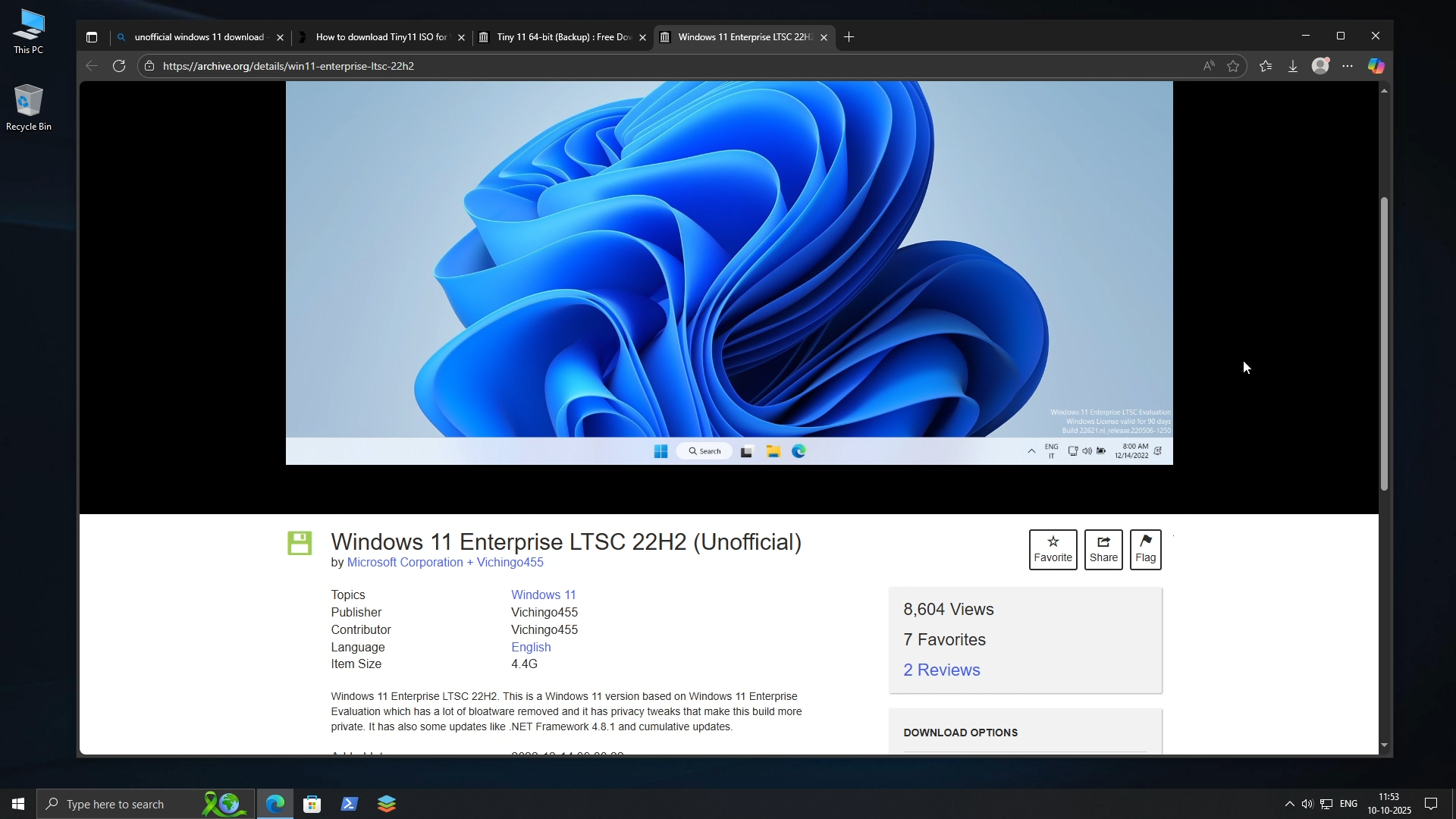
Next option, which I do not recommend, is to install an unofficial version of Windows 11. Yes, tools do exist to bypass the TPM check. But these are unofficial installs that Microsoft actively discourages. Even if you succeed in installing an unofficial Windows 11, Microsoft clearly states you won’t receive security updates. You would have to run these versions with disabled security features, potentially making your system even more unstable and vulnerable.
1.3 - Buy and Use Third-Party Security Patches
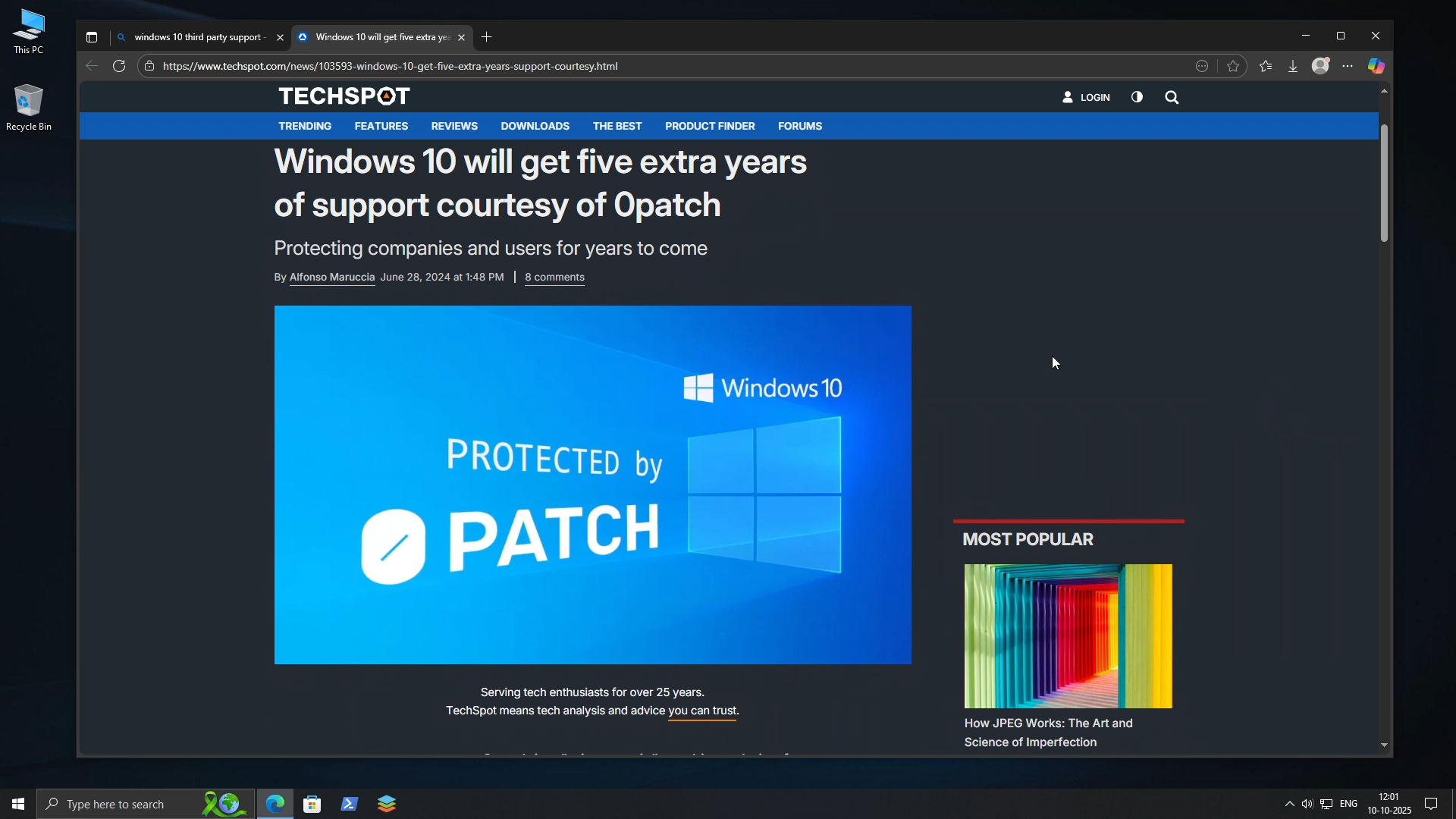
Then there are a few companies which are promoting that they’ll release security patches for Windows 10, but here is the catch: you’ll have to blindly trust an unknown company and the code they’re sending to your system. In my opinion, third-party patches are just a gamble with your system’s security. If anything goes wrong, there will be no one to blame but yourself.
2. The Temporary Fix: Microsoft’s Paid Solution
After a lot of backlash, especially in Europe, Microsoft was forced to offer one year of Extended Security Updates in the European Union and European Economic Area free of cost! This is a huge win for those users, but it’s a paid, temporary fix for everyone else, which confirms this whole situation is only about profit, not security. Microsoft announced they’ll provide customers the option to receive security updates for Computers enrolled in the Extended Security Updates Program, but only for a maximum of three years. You can enrol in ESU in one of three ways:
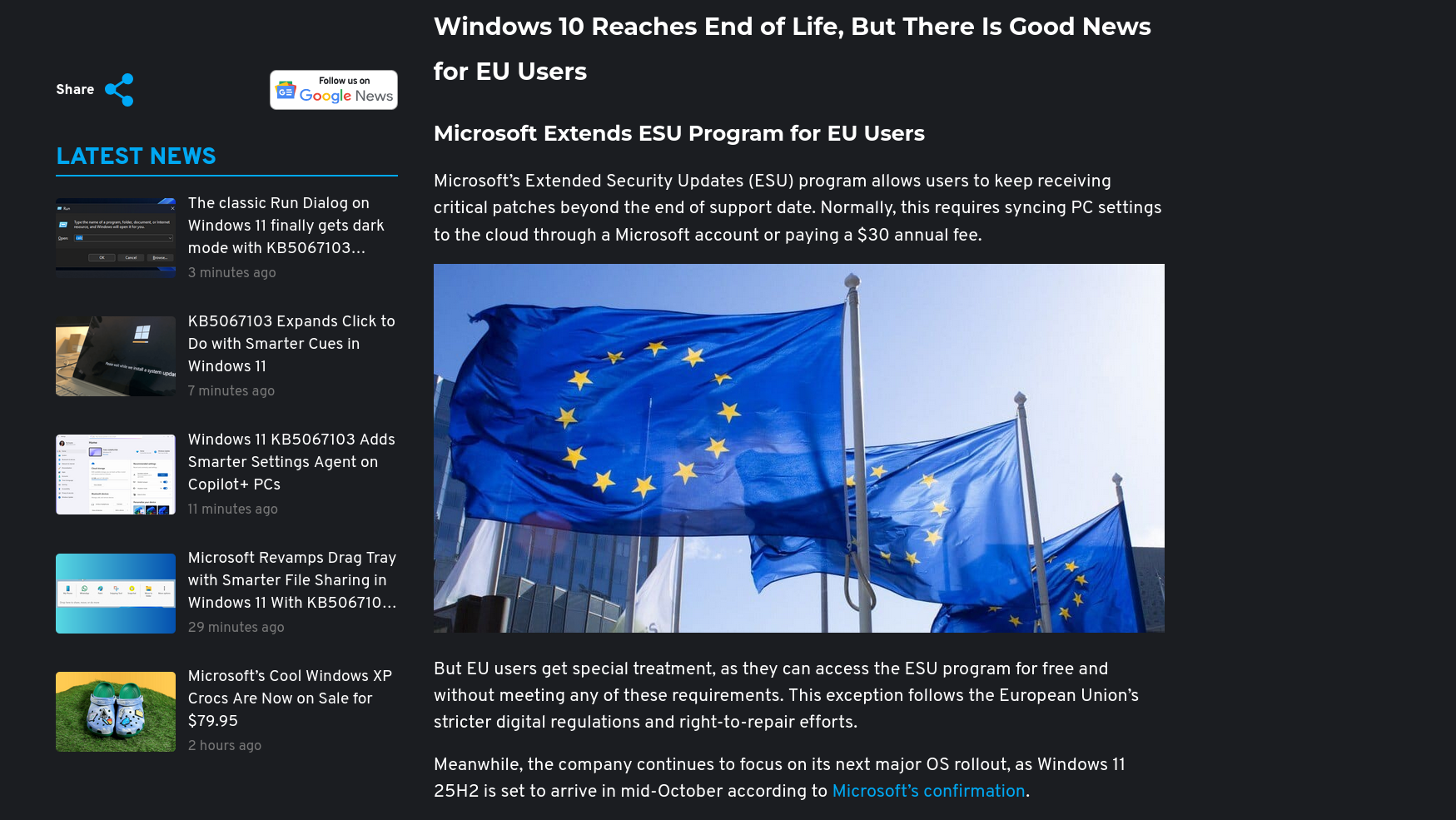
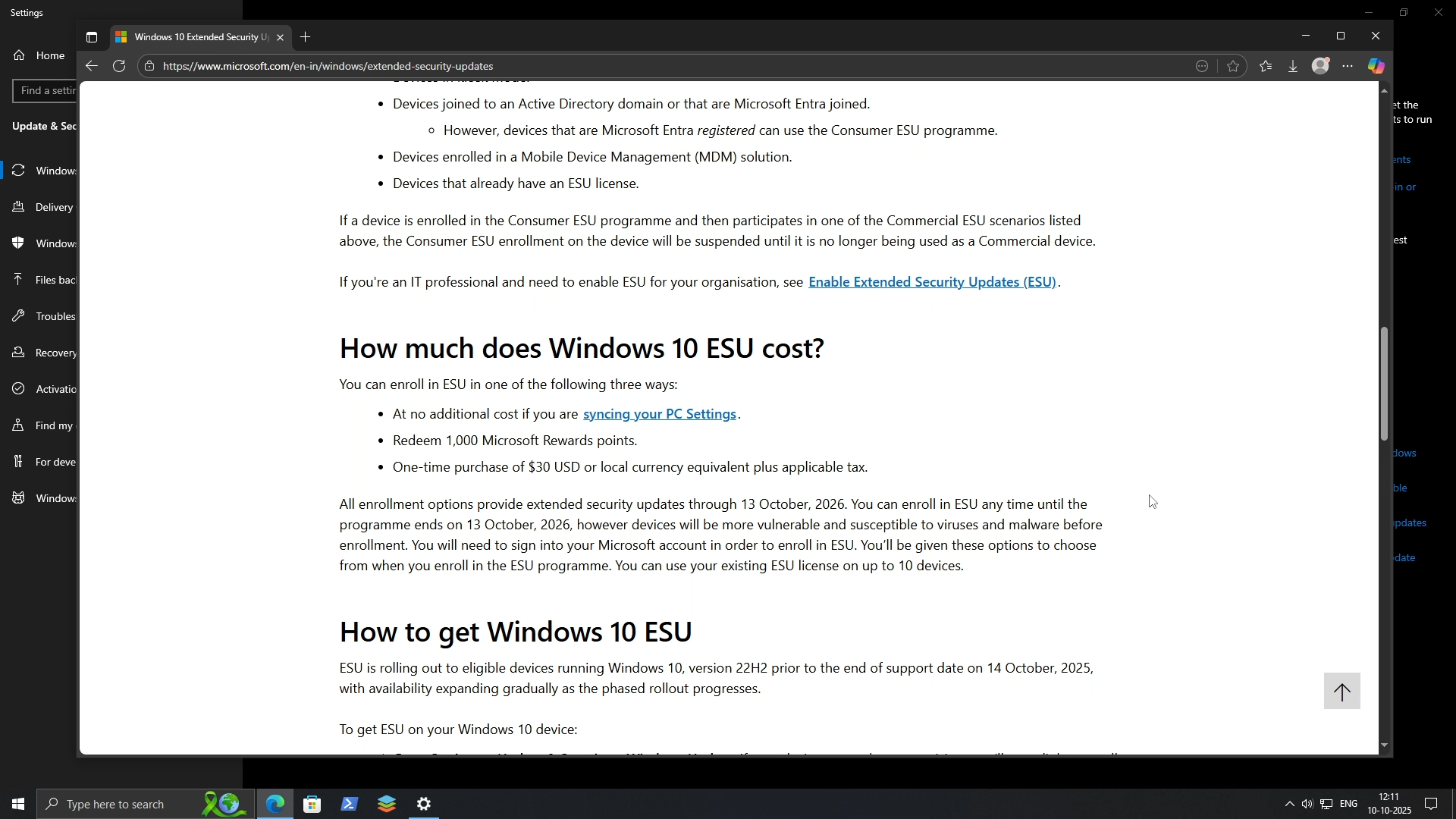
No. 1 - A one-time purchase of $30 USD or equivalent in local currency, plus applicable tax.
No. 2 - Redeem 1,000 Microsoft Rewards points, which most people don’t have.
No. 3 - At no additional cost if you’re syncing your PC settings, which means your files, themes, settings for installed apps, and Wi-Fi information. And we all know for what purpose Microsoft wants your personal information.
These Extended Security Updates are just a way to delay the inevitable.
3. The Hybrid Approach: Use Both Windows And Linux
3.1 - Use Windows 10 with a Linux Virtual Machine (or Vice Versa)
Through a Hybrid method, you can keep using your Windows 10 system as is, but you should never use it for any online activity. Instead, use a Linux virtual machine for all your browsing, banking, and online tasks. Or you can do the opposite: run a completely offline Windows 10 as a virtual machine inside a Linux host. This way, you contain the security risk, as the Linux host becomes your shield.
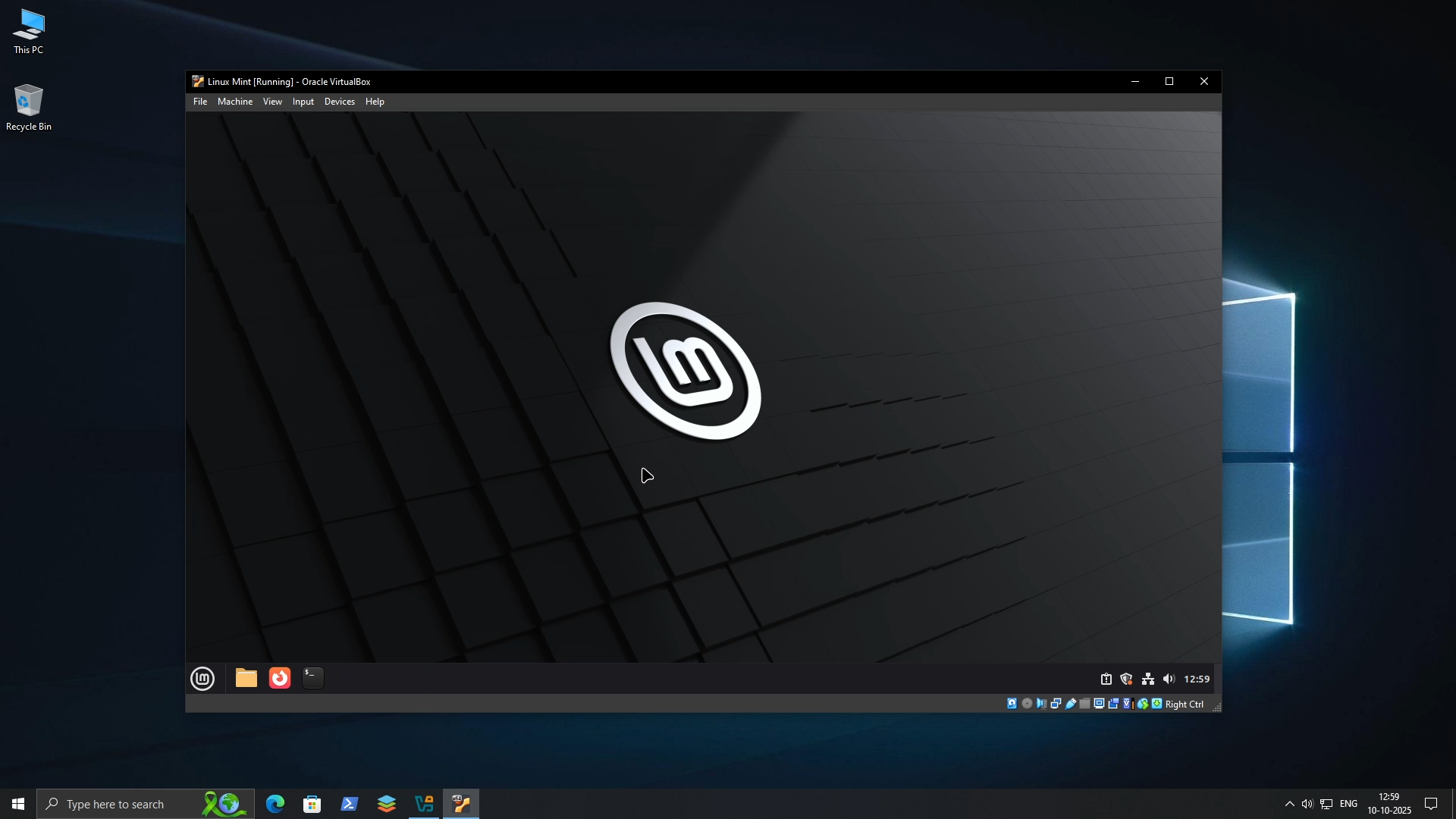
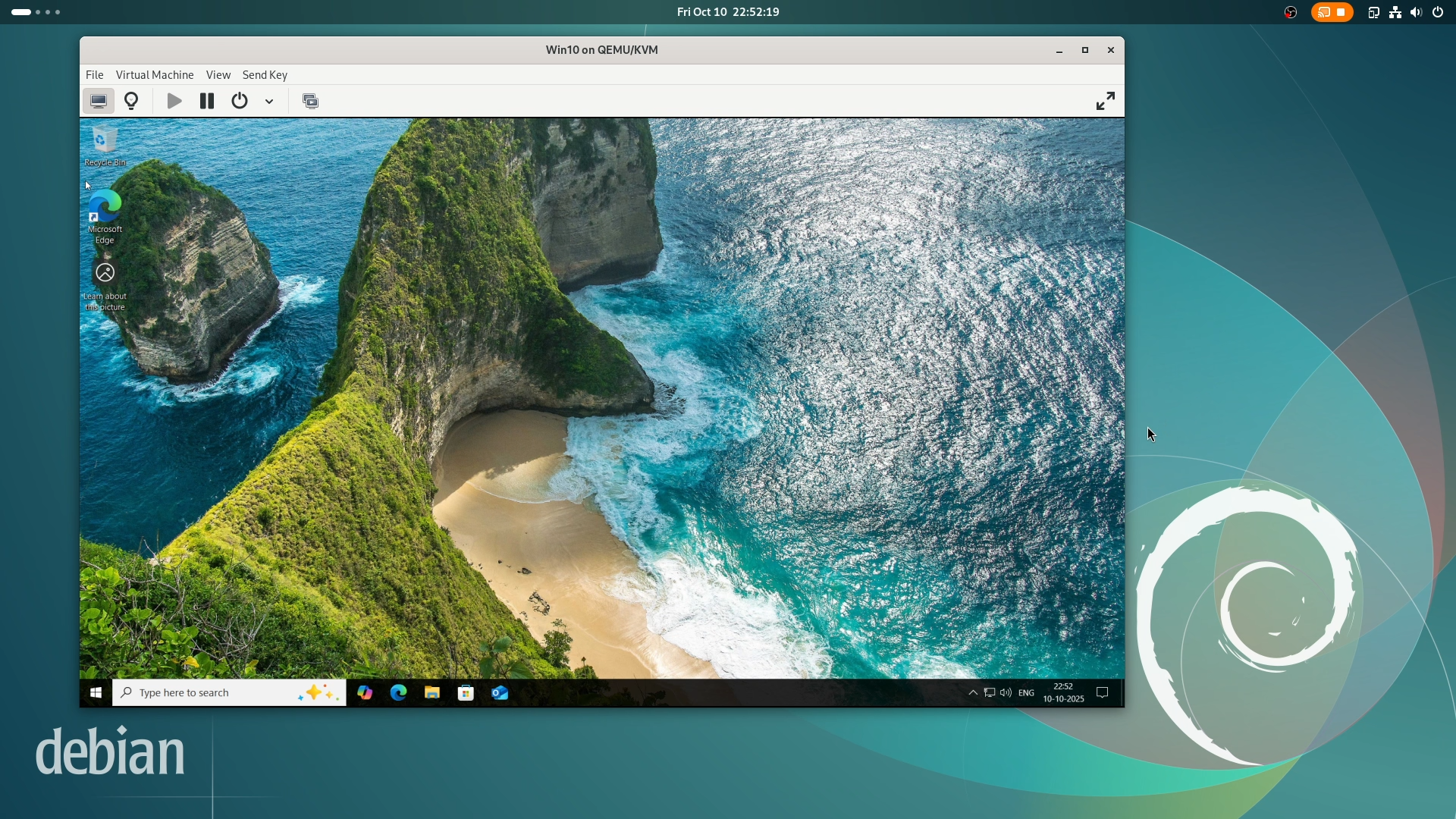
3.2 - Dual Boot Linux with an Offline Windows 10
Or else you can dual-boot a Linux distro with an offline Windows 10; the same principle applies here too, where you’ll use Linux for all your online activities like browsing and banking, and use Windows 10 to run Windows-only applications in offline mode.
4. The Permanent Fix: Fully Migrate to Linux
This final option is my official recommendation, which is fully migrating to a Linux-based system. I understand that a few days isn’t much time to learn a new operating system, but it is certainly enough to install a modern, secure, and free one. Linux is actively maintained, runs faster and better on older hardware, and gives you free security updates for as long as your system lives, no planned obsolescence, no artificial limitations.
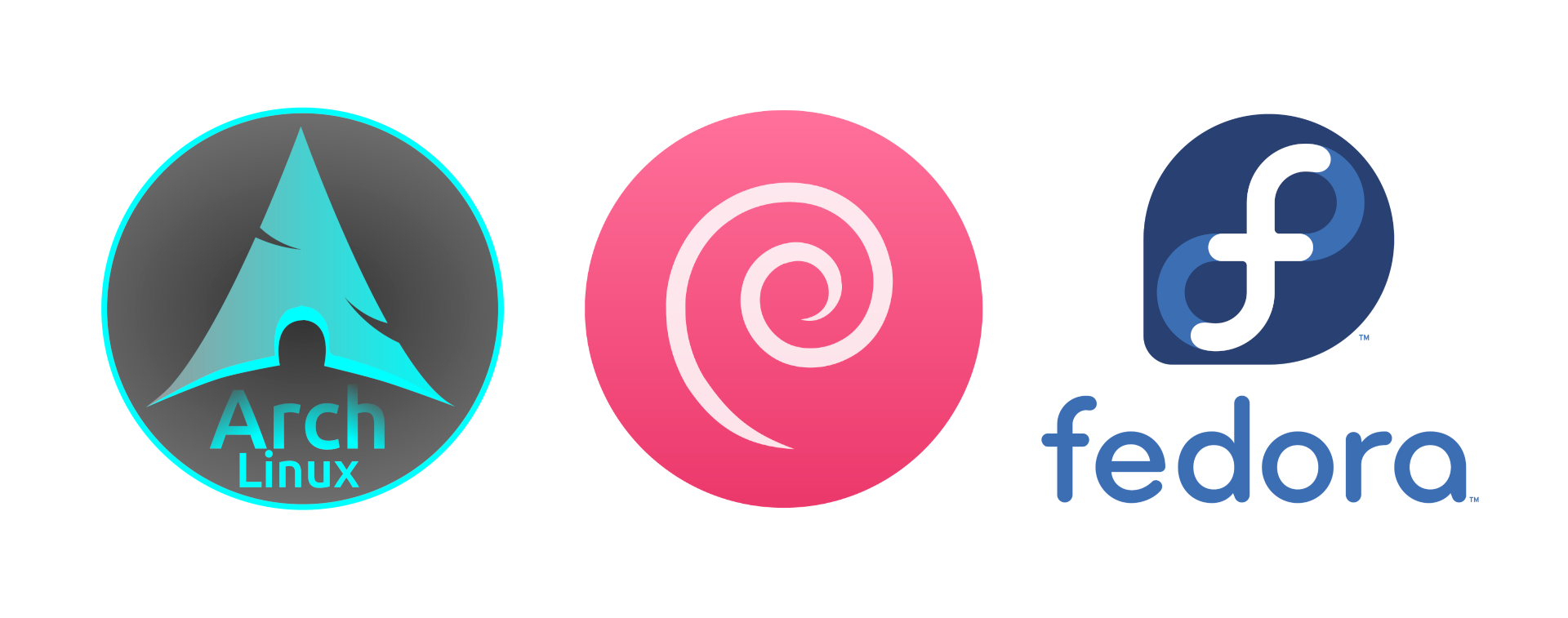
With Linux, you’re not just buying time; you’re buying your freedom.
Take Action Now
This deadline is indeed a security threat, but it’s also an invitation to a better world of computing. If you want to know exactly how easy it is to make the switch and which Linux distro is right for you, explore the resources available on this site about getting started with Linux.
Remember, Microsoft doesn’t own your computer; you do. Don’t throw away your PC on International E-Waste Day. Migrate to Linux.
💬 Engage With The Community:
🎬 Prefer watching? Here’s the detailed video:
📑 Related Posts:
🔀 Share this Article:
